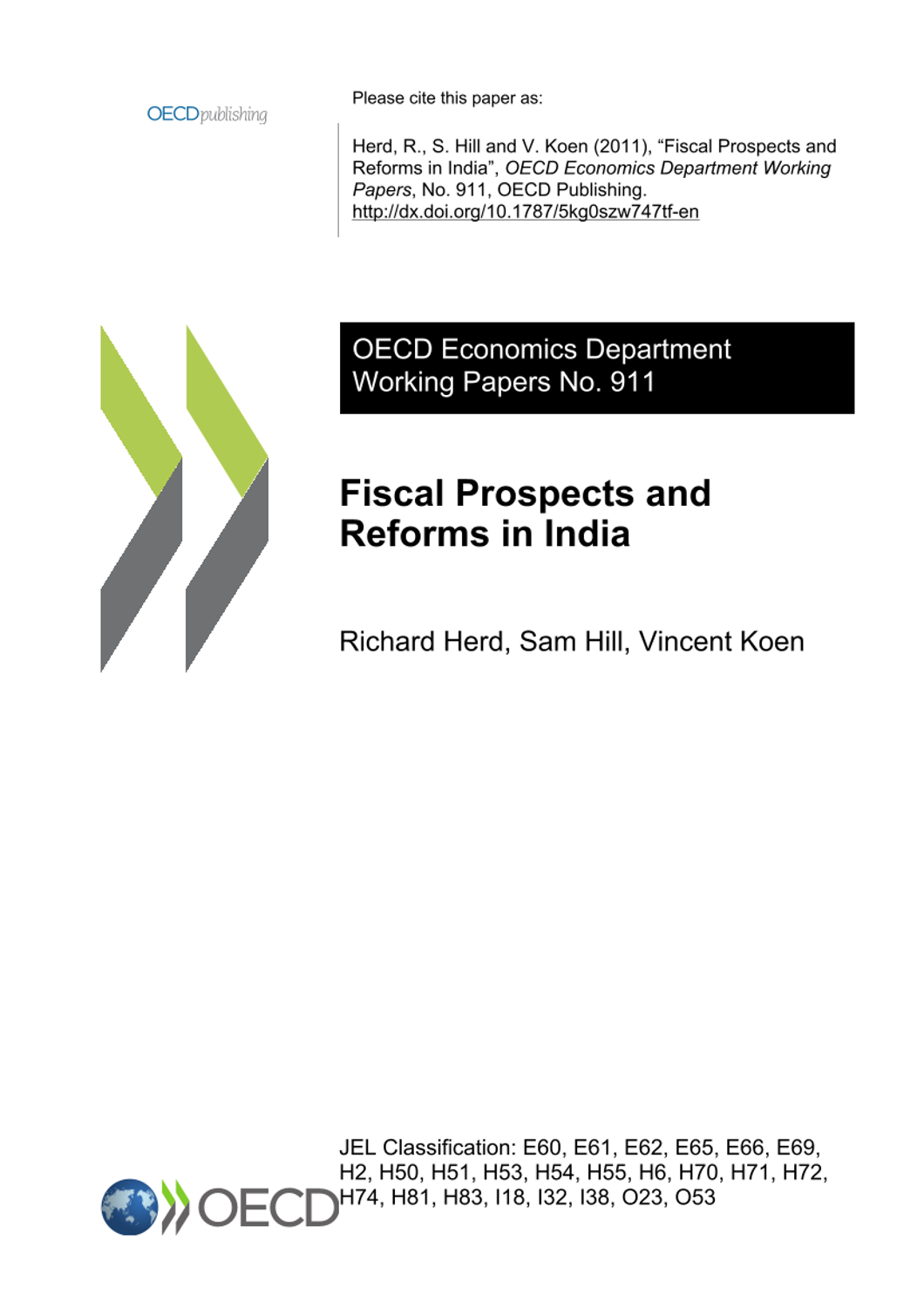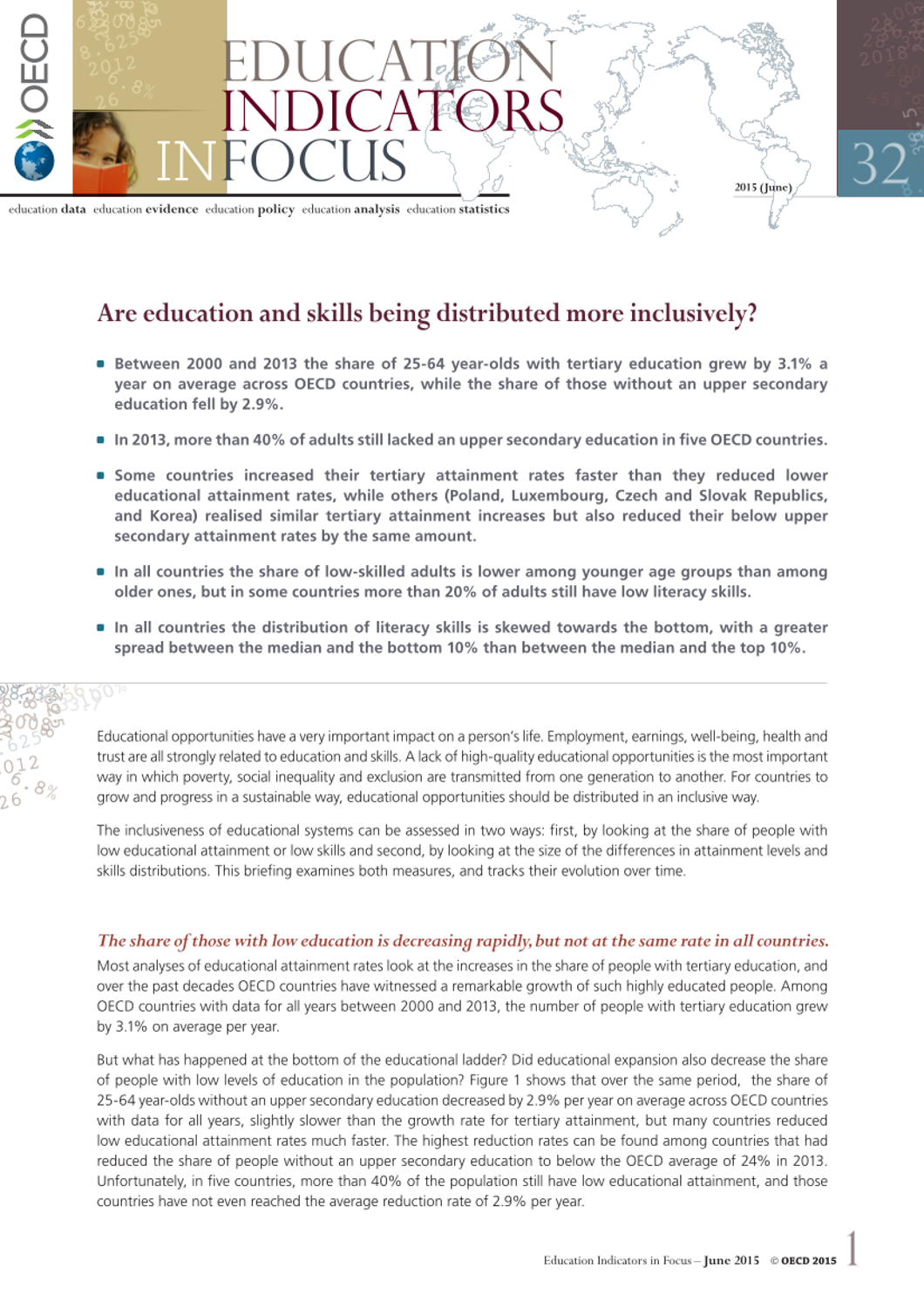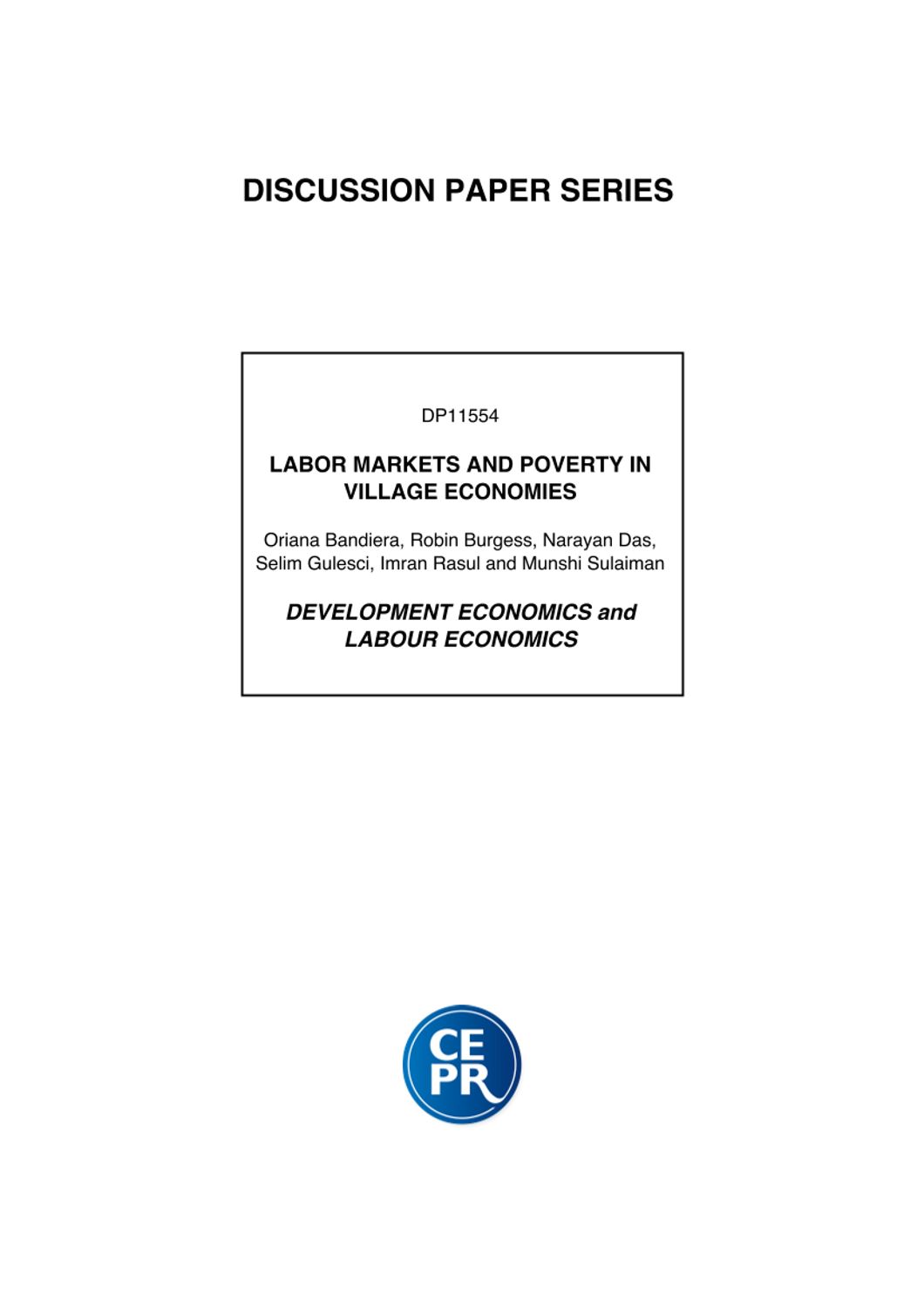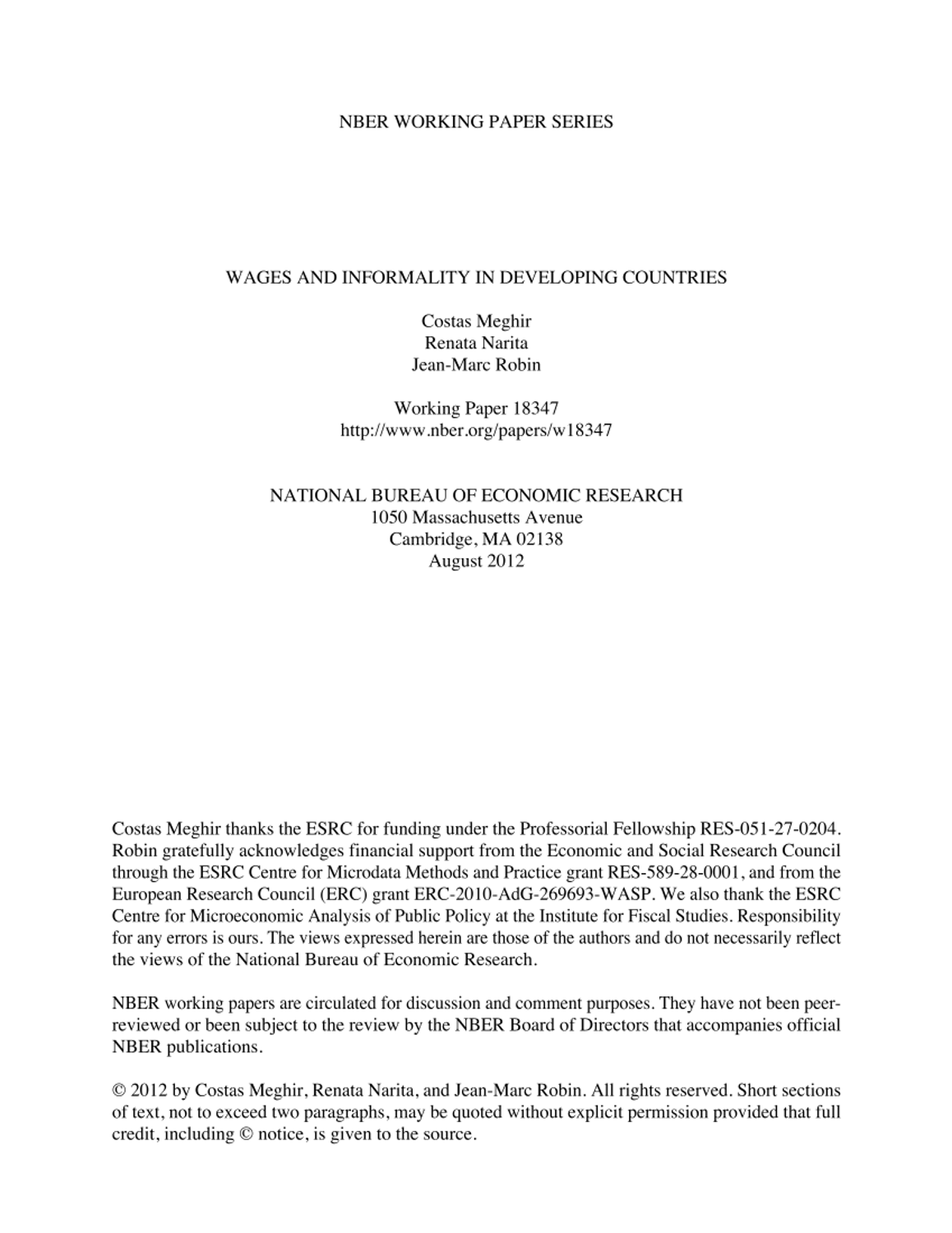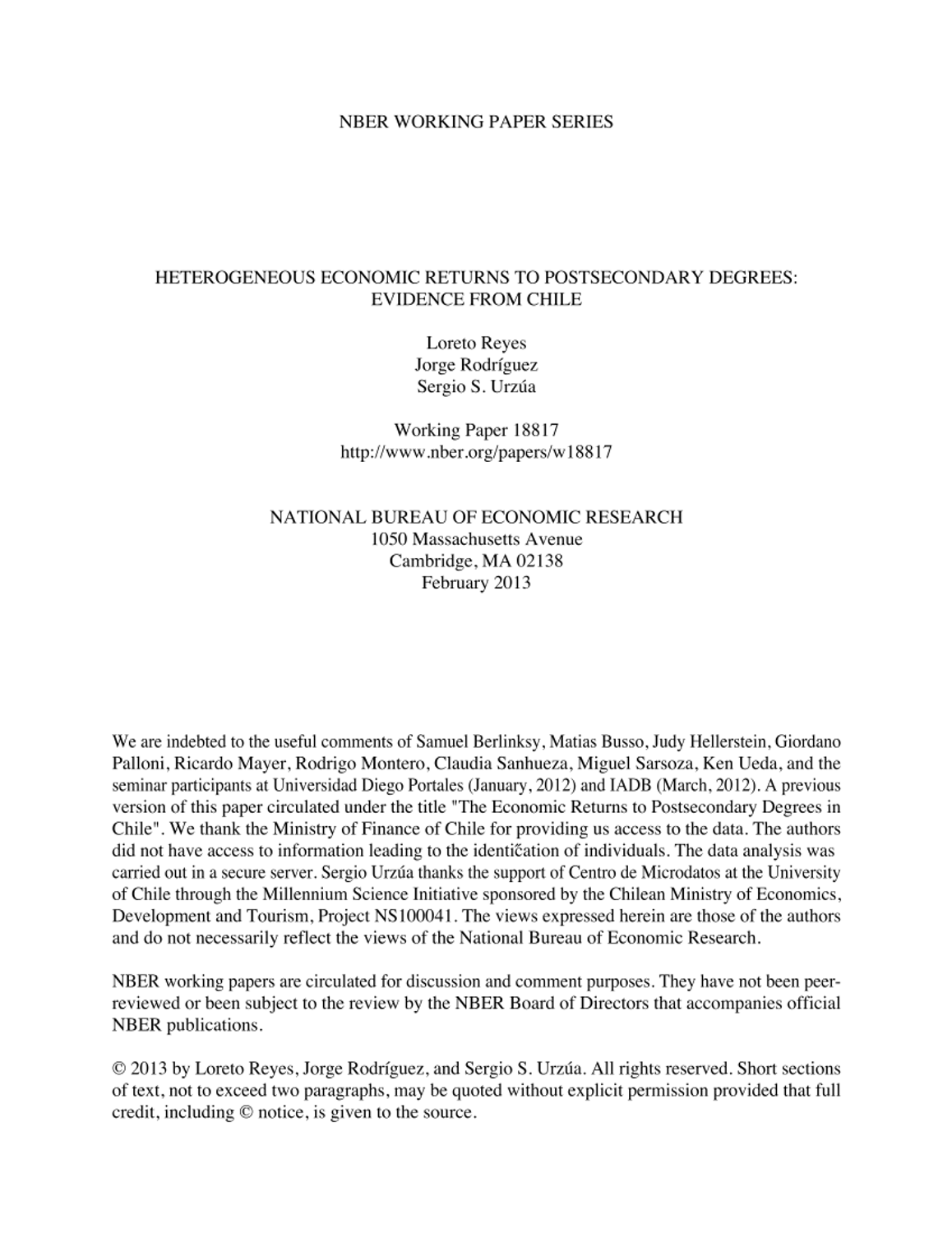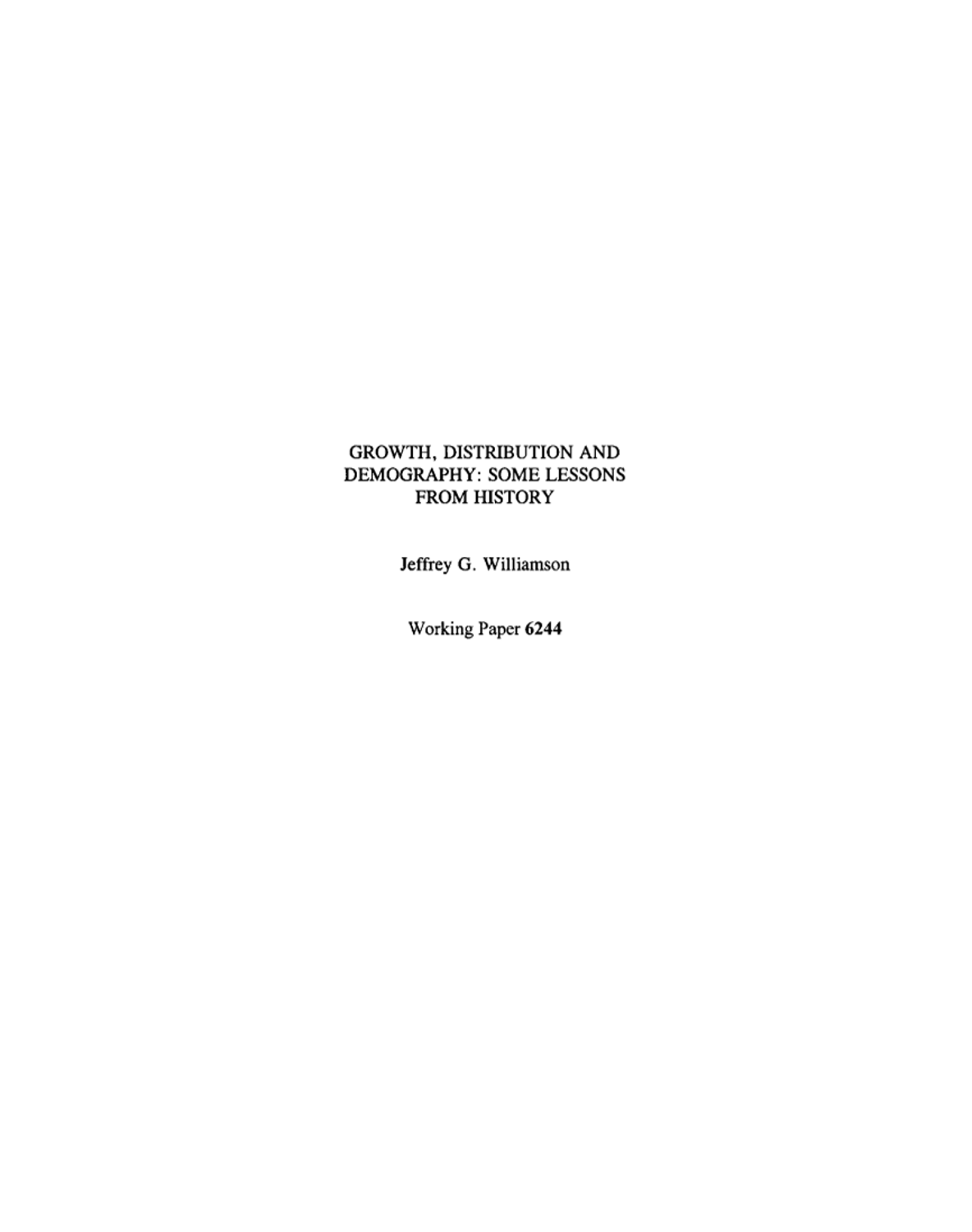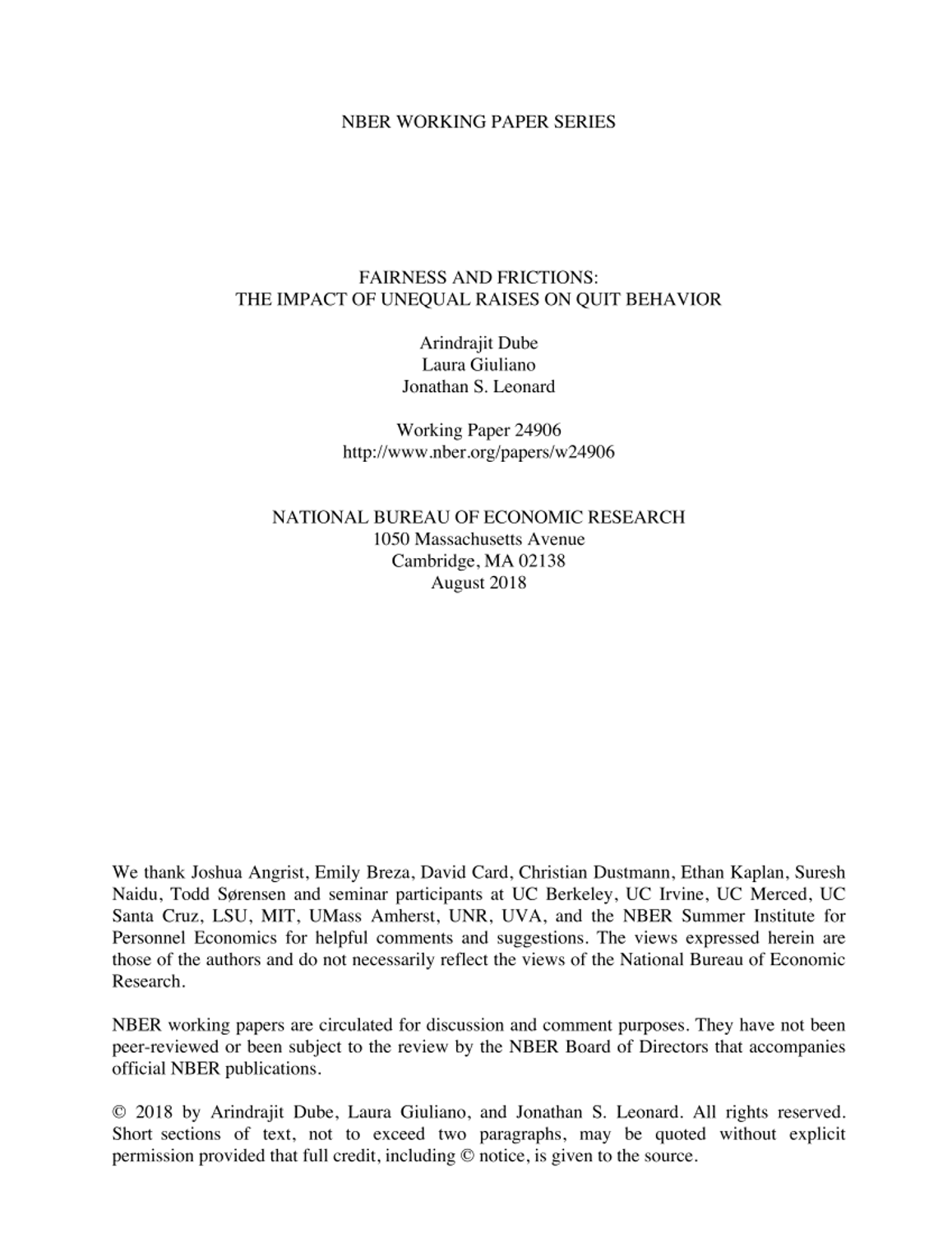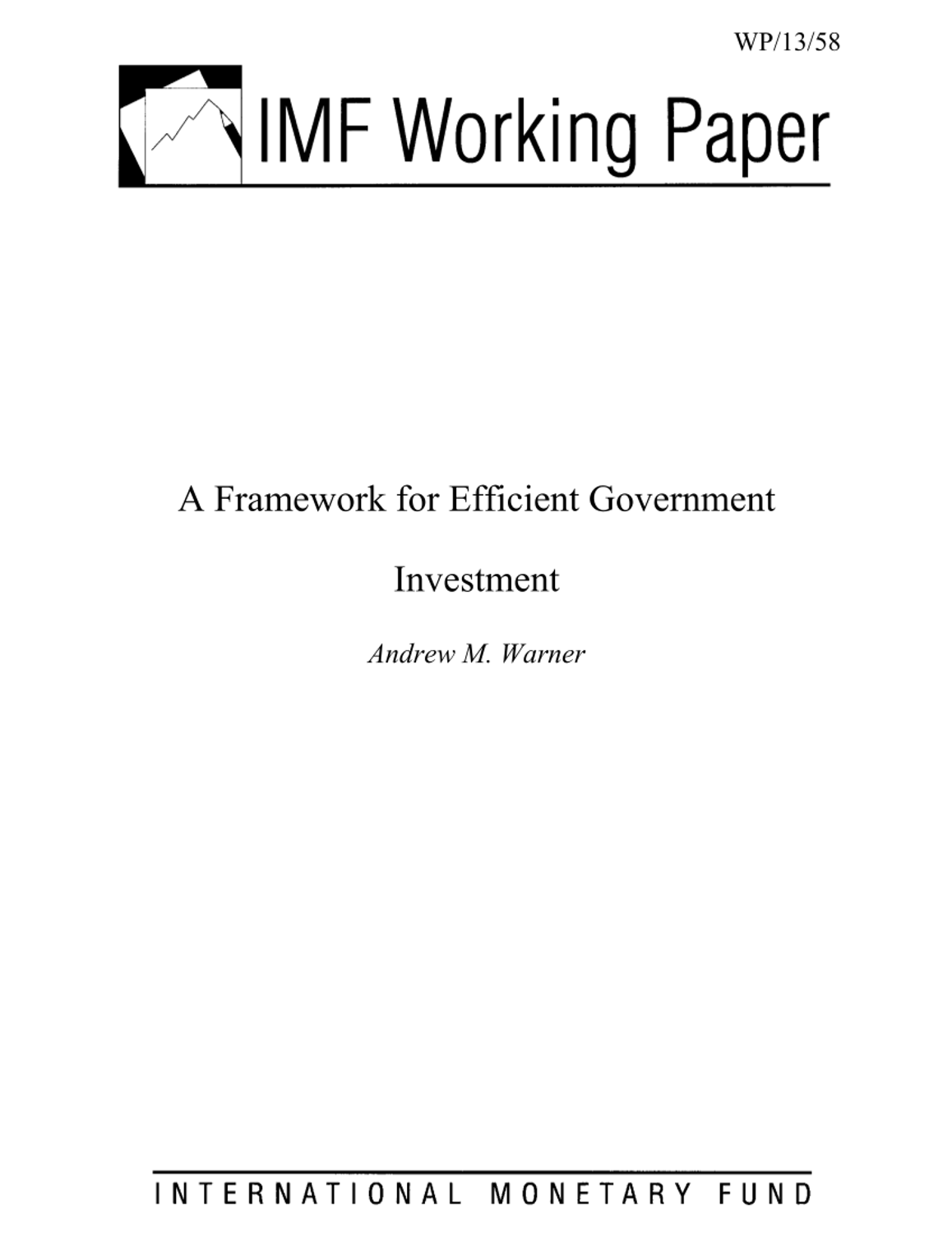연구보고서OECD Economics Department Working Papers 911
Fiscal prospects and reforms in India
- 청구기호
- WP 911
- 발행사항
- France : OECD, 2011
- 형태사항
- 34 p. :. PDF file ;. 612 KB
- 키워드
- FISCAL INSTITUTION, POVERTY, TAXATION, SAVING, DEBT, SUBSIDIES, TARIFFS, TRANSFERS, EXPENDITURE, INDIA, FISCAL POLICY, GOVERNMENT BUDGETS
- 바로가기
소장정보
| 위치 | 등록번호 | 청구기호 / 출력 | 상태 | 반납예정일 |
|---|---|---|---|---|
이용 가능 (1) | ||||
| E0001559 | 대출가능 | - | ||
이용 가능 (1)
- 등록번호
- E0001559
- 상태/반납예정일
- 대출가능
- -
- 위치/청구기호(출력)
책 소개
Substantial fiscal consolidation was achieved under the aegis of the 2003 Fiscal Responsibility and Budget Management Act. While deficits widened anew in 2008 and 2009, against the backdrop of the global financial and economic crisis, efforts to reduce them have resumed since. To ensure continued progress, as well as stronger government finances in the longer term, the medium-term fiscal framework needs to be improved, notably by embedding the annual budget in a detailed three-year rolling programme. Expenditure needs to be controlled better, in particular as regards subsidies, which the central government has indeed been trying to rein in, though with difficulty in the face of rising world oil prices. Expenditure also needs to become more effective, in particular in the areas of health care, education and social assistance. On the revenue side, tax reforms have been tabled, both for direct taxes and for the complex and inefficient system of indirect taxes. Corporate income tax rates are being cut, though the headline rate remains high. Lower taxation for large special economic zones deserves to be maintained for some time. For the personal income tax, which only a fairly small proportion of the population pays, thresholds are set to be raised considerably. A goods and services tax is to be introduced, which should help reduce the segmentation of the national market for goods and services. Customs duties have been reduced on average but remain high for some categories of imports, implying scope for further reduction over time.
This Working Paper relates to the 2011 OECD Economic Survey of India (www.oecd.org/eco/surveys/india)

